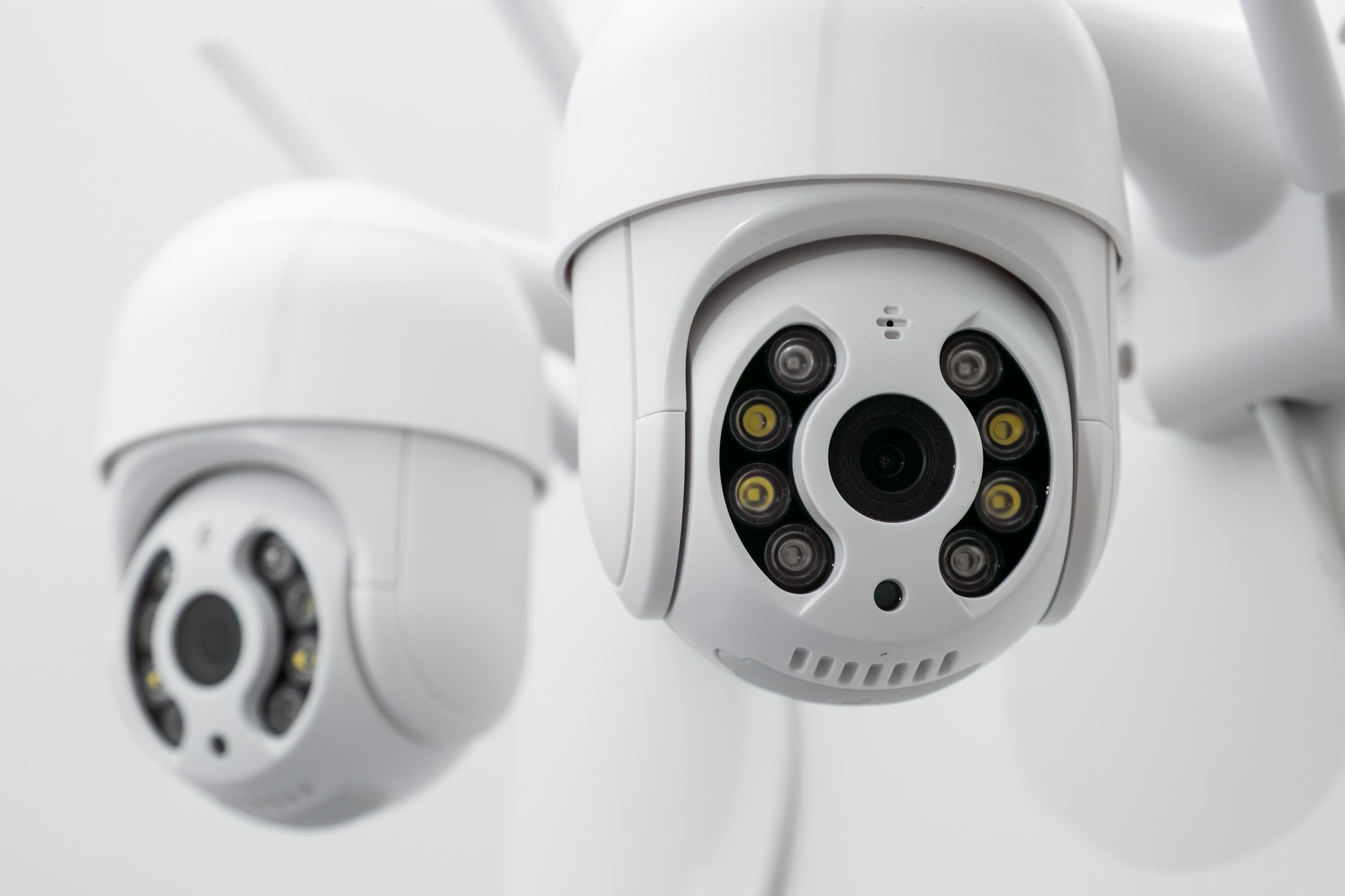Installing a security camera system in your business is a crucial step in protecting your assets, employees, and customers. With so many options on the market, it can feel overwhelming to decide which system is right for your needs. Here are the key factors to consider when installing a new security camera system for your business:
1. Assess Your Security Needs
Before selecting a system, evaluate your business’s specific security requirements. Ask yourself:
- What areas need surveillance (entrances, exits, parking lots, storage rooms, etc.)?
- Do you need indoor, outdoor, or both types of cameras?
- Are there blind spots that need coverage? Understanding these needs will help you choose the right equipment and placement strategy.
2. Camera Types
There are several types of cameras, each suited for different purposes:
- Dome Cameras: Ideal for indoor use with a wide-angle view.
- Bullet Cameras: Perfect for outdoor areas due to their long range and weather resistance.
- PTZ Cameras (Pan-Tilt-Zoom): Allow for remote directional control and zooming to monitor large areas.
- Hidden Cameras: Useful for discreet surveillance in sensitive areas. Choose cameras based on the environment and purpose they will serve.
3. Image Quality
High-resolution cameras ensure that footage is clear and detailed. Look for cameras with at least 1080p resolution for standard use or 4K resolution for high-definition needs. Additionally, consider features like:
- Night Vision: Infrared capabilities for low-light or nighttime surveillance.
- Wide Dynamic Range (WDR): Enhances visibility in areas with varied lighting conditions.
4. Storage and Recording Options
Determine how you want to store and access footage:
- Local Storage: Recordings are saved on-site using DVR (Digital Video Recorder) or NVR (Network Video Recorder).
- Cloud Storage: Footage is stored online, allowing for remote access but may involve subscription fees. Ensure the system offers sufficient storage capacity to meet your retention needs.
5. Scalability
Your business may grow, and your security system should be able to grow with it. Choose a system that allows you to easily add more cameras or integrate additional features as needed.
6. Remote Monitoring
Modern systems often include mobile apps or web portals that allow you to monitor live feeds remotely. This feature is essential for business owners who want to keep an eye on operations while off-site.
7. Integration with Other Systems
Consider whether the camera system can integrate with other security measures, such as:
- Access control systems (e.g., keycard or biometric entry systems).
- Alarm systems for burglary or fire detection.
- Smart building automation for centralized control.
8. Durability and Weather Resistance
If you’re installing cameras outdoors, ensure they are weatherproof and can withstand your local climate. Look for IP (Ingress Protection) ratings of at least IP66 or higher for dust and water resistance.
9. Power Supply Options
Choose between wired and wireless systems based on your needs:
- Wired Systems: Provide reliable power and connectivity but require professional installation.
- Wireless Systems: Easier to install but may require battery replacements or recharging.
10. Legal and Privacy Considerations
Ensure your security camera installation complies with local laws and regulations. For example:
- Avoid placing cameras in areas where privacy is expected (e.g., restrooms).
- Notify employees and customers that surveillance is in place, if required by law.
11. Professional Installation vs. DIY
While DIY systems can save money upfront, professional installation ensures optimal camera placement, proper wiring, and seamless system setup. A professional installer can also provide guidance on best practices and maintenance.
12. Budget
Set a realistic budget that includes the cost of cameras, installation, storage, and any ongoing fees (e.g., cloud subscriptions or software updates). Remember that a higher upfront investment can save money in the long run by preventing theft and improving operational security.
Final Thoughts
A well-designed security camera system is an investment in your business’s safety and success. By carefully evaluating your needs, researching options, and considering future scalability, you can ensure that you select the best system to protect your business. Whether you choose a DIY approach or professional installation, prioritizing quality and reliability will give you peace of mind and help secure your operations effectively.



